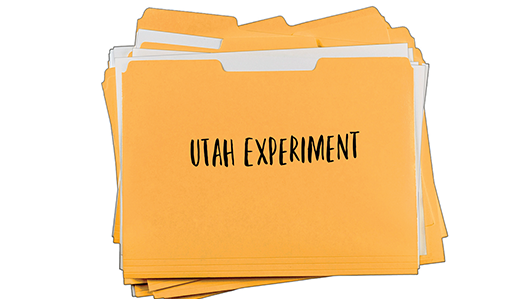
At a January 2024 meeting of the Texas Access to Justice Commission, the commission voted against a recommendation to create a pilot program that would have allowed non-attorney ownership of entities licensed to provide limited legal services to
low-income Texans.
The topic of nonlawyer ownership in legal entities has been a topic of growing interest in recent years.
Currently, Texas Disciplinary Rule of Professional Conduct 5.04 prohibits nonlawyers from having any economic interest in entities practicing law.
Many other states have their own versions of this rule.
However, in 2020, Arizona became the first state to eliminate this rule,1 creating “alternative business structures,” or ABSs, to allow lawyers to share ownership of their law firms with nonlawyers.
Also in 2020, the Utah Supreme Court launched a seven-year “regulatory sandbox” or pilot program to authorize nonlawyer-owned entities to provide legal services.2
Utah’s Regulatory Sandbox
The Utah Supreme Court’s Office of Legal Services Innovation created categories into which these Utah ABSs would be approved. There is some overlap among these categories, but separately they are:
•Intermediary platform: ABSs in this category connect lawyers with consumers;
•Lawyer employed or managed by a nonlawyer: ABSs in this category are owned or managed by a nonlawyer employing lawyers to provide legal services;
•Lawyers sharing fees with nonlawyers: ABSs in this category involve lawyers providing legal services to consumers and splitting profits with nonlawyers;
•Nonlawyer ownership: ABSs in this category have no lawyer ownership;
•Nonlawyer provider with lawyer involvement: ABSs in this category provide specified legal services with some kind of lawyer involvement;
•Nonlawyer provider without lawyer involvement: ABSs in this category provide specified legal services without any kind of lawyer involvement;
•Software provider with lawyer involvement: ABSs in this category are primarily technology companies providing legal services through lawyer employees or contractors;
•Software provider with lawyer involvement—legal document completion: ABSs in this category are technology companies providing legal document services through lawyer employees or contractors;
•Software provider without lawyer involvement: ABSs in this category are technology companies that provide legal services without lawyer involvement.
Since 2020, the Office of Legal Services Innovation has released a monthly activity report. According to the most recent available report, from January 2024:
•The office had received 105 total applications for the pilot program;
•The office had authorized 51 entities;
•Six entities had withdrawn applications after authorization;
•Two entities had been suspended or terminated;
•51 entities are currently offering services; and
•18 entities reported data in January.
